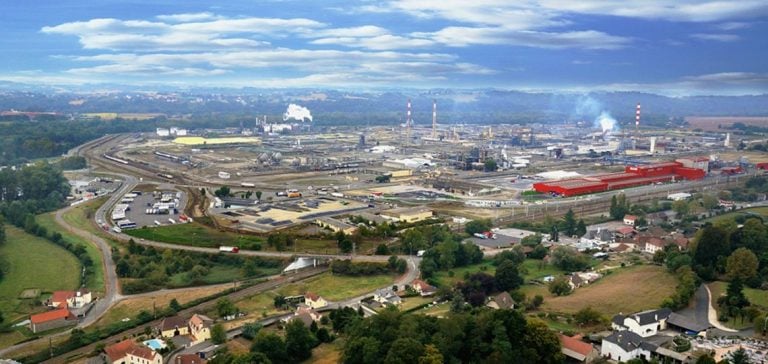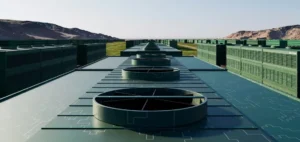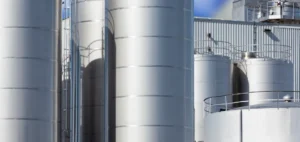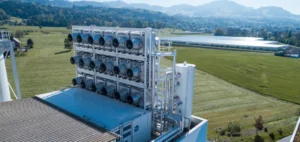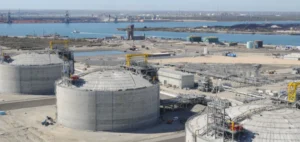The Lacq Basin in the Pyrénées-Atlantiques region was the focal point of an ambitious carbon dioxide (CO2) storage project, named Pycasso. Spearheaded by major industrial players like Teréga, Lafarge, ArcelorMittal, and Repsol, this project aimed to store five million tons of CO2 per year in the subsoil of the Pyrenean foothills, an initiative intended to decarbonize industries in southwestern France and northern Spain by 2030. However, due to increasing opposition from local elected officials, associations, and certain industrial groups, the project has officially been abandoned.
According to Dominique Mockly, CEO of Teréga, the abandonment was due to coactivity issues with pre-existing industrial infrastructure in the area. In a recent interview with *Sud Ouest*, he emphasized that the absence of dialogue between stakeholders was a significant barrier to the project’s progress. “That doesn’t mean there’s no solution, but for there to be solutions, there must be dialogue, and there is none. So, we decided to abandon the Lacq site,” he stated.
Challenges of Safety and Efficiency
Critics of the Pycasso project raised concerns about potential technological and natural risks posed by deep CO2 storage. Environmental associations and local industrial players highlighted the vulnerability of this technology, whose long-term effectiveness remains controversial. They argued that the project could jeopardize local industrial stability, particularly affecting the 7,500 direct jobs in the Lacq industrial basin.
Opponents labeled Pycasso as “madness,” arguing that the project placed undue pressure on the local economy while potentially exposing the population to poorly understood risks. They believe these risks significantly outweigh the anticipated decarbonization benefits. Carbon capture and storage (CCS) is a promising technology for reducing greenhouse gas emissions, but some view it as a temporary solution that mitigates environmental impacts without addressing the root sources of emissions.
A Challenge for France’s Decarbonization Strategy
The Ministry of Industry, in a report published in July, reiterated the importance of deploying CCS technologies as part of the national strategy to contain CO2 emissions. According to the report, France aims to capture between 4 and 8 million tons of CO2 by 2030, and to reach a target of 30 to 50 million tons by 2050. However, the case of Pycasso highlights the difficulties encountered in implementing such projects in densely occupied industrial areas, where balancing new decarbonization infrastructure with existing industries is complex.
Despite this setback, the consortium in charge of the Pycasso project has already identified ten other “promising” sites in the Occitanie and Nouvelle-Aquitaine regions to pursue its CO2 storage objectives. According to Dominique Mockly, the primary challenge remains finding consensus with local stakeholders to enable an energy transition without compromising regional industrial interests.
Alternatives for a Sustainable Transition
The cessation of the Pycasso project in the Lacq Basin opens a broader debate on how France can achieve its emission reduction goals without creating conflicts within industrial hubs. On one side, experts maintain that carbon storage is crucial to combating climate change; on the other, critics warn of the risk of this technology being used as a pretext to delay necessary structural transformations in industrial production processes.
The opposition that ultimately led to Pycasso’s abandonment demonstrates the importance of engaging with local stakeholders for a successful transition. As demand for decarbonization technologies increases, France will need to balance innovation and local acceptability to ensure the effectiveness and safety of its environmental initiatives.


